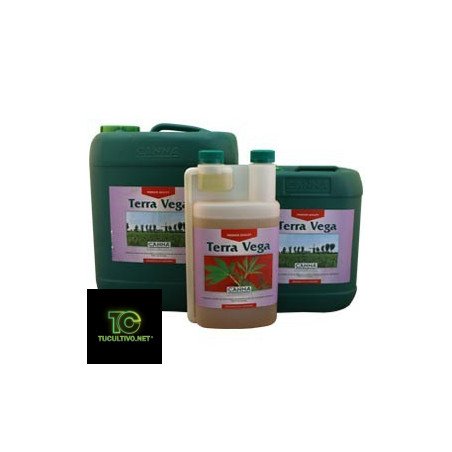
Quantity:
Sent from
Add to wish list
More product information
Phosphorus Mononutrient by Canna is an indispensable element that possess a key function. They are part of the ATP and ADP, molecules that transport and store energy inside the plants. They are also part of many proteins, included those of DNA.
Phosphorus prepares the marijuana plants for the flowering by activating the mechanisms that let them grow large numbers of flowers. The plant can feel the presence of this element and the available amount to assimilate almost in real time, so it will activate its systems in function of the reserves that detects in the growth medium. By increasing the phosphorous in the irrigation water, you’re telling your plants that there’s plenty of it, so they can produce all the flowers they want. You’ll obtain an awesome flowering with large and tight buds.
In case of phosphorous deficiencies, you can correct them adding Phosphorous Mononutrient by Canna to the nutrient mix. The deficiency of this element is detected through the observation of the plants, that will be small and of a very dark color , black to purple. They will eventually deform, showing strange crevices on the leaves. The plants can flower under these conditions, but the buds will be very small and weak.
Warning! The excess of phosphorous can also be harmful, causing deficiencies of other elements such as calcium, potassium or essential trace elements. Carefully calculate the appropriate dose so you don’t surpass the recommended limits in order to avoid problems.
Phosphorous Mononutrient’s dosage and usage:
- To create your own fertilizer, you can utilize up to 2mL per litre of irrigation water.
- You can add it to the nutrient mix as a complement, always measuring the Ec and the pH, keeping them under the required levels for the current stage.
- It can be used to substitute a flowering stimulator by adding 1-2 mL to the irrigation water before adding the base fertilizer, until reaching the advisable Ec for that moment.
Phosphorous Mononutrient’s composition:
NPK 0-20-0
- 18% Diphosphorus pentoxide




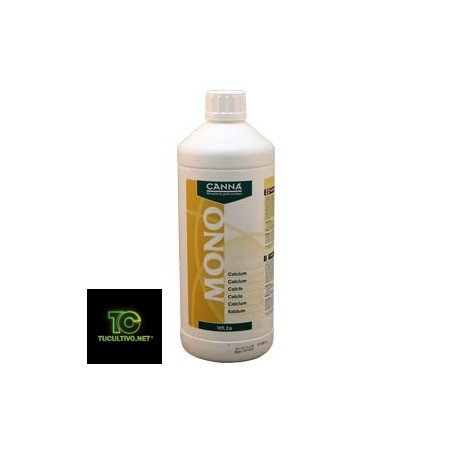
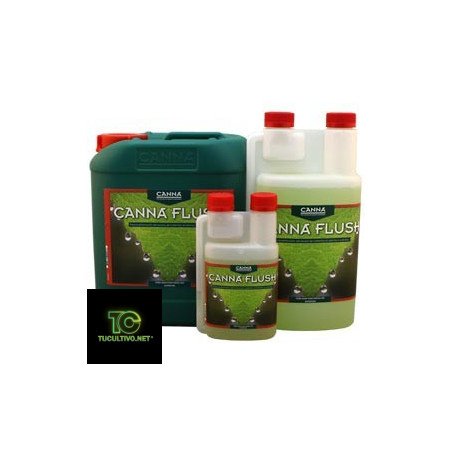


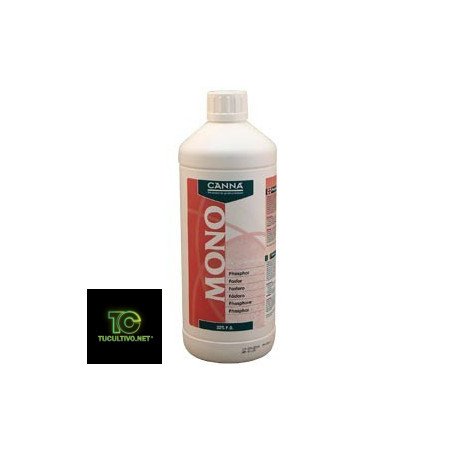
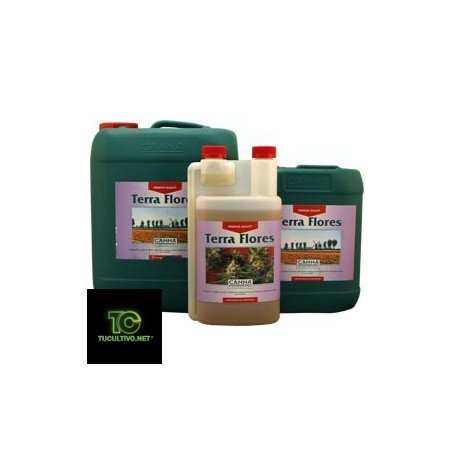
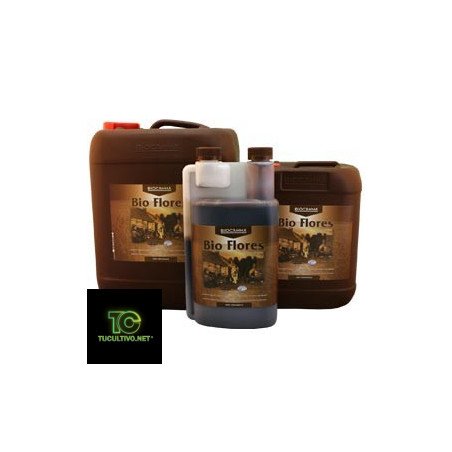
Grade Comments (0)